Artificial intelligence (AI) is a modern approach that has been transforming our world in numerous ways. It’s like the brains behind many of the technologies we use every day, from smartphones to self-driving cars. But what exactly is AI and why is it such a big deal?
At its core, AI is about creating machines that can do things that would normally require human intelligence. This could be anything from recognizing speech and images to making decisions or even learning from experience. Think of AI as teaching computers to think and act like humans, but in a way that’s much faster and sometimes even better than us.
One of the most exciting things about AI is its potential to solve complex problems and make our lives easier. For example, AI-powered virtual assistants like Siri and Alexa can understand our questions and respond with helpful information. They can even learn from our interactions to improve over time. A multilingual platform such as CleanDesk AI, which leverages generative AI, enables multifaceted tasks and seamless interactions through natural language generation. The result is automation of all business functions with conversational AI, to allow businesses quick resolutions, cost reduction, better retention and increased customer satisfaction. CleanDesk AI provides diverse data sources, enabling effortless AI Training for enhanced, accurate automated responses.
AI is also revolutionizing industries like healthcare and finance. In healthcare, AI can analyze medical data to diagnose diseases more accurately and recommend personalized treatment plans. In finance, AI algorithms can analyze market trends and make investment decisions faster than any human could.
But AI isn’t just about making things more efficient—it’s also about creativity and innovation. AI-powered tools like DeepDream can generate stunning artwork, and AI-driven music composition software can create beautiful melodies. These examples show how AI can expand our creative horizons and inspire new forms of expression.
However, AI isn’t without its challenges and controversies. One concern is the potential for AI to replace human jobs. As machines become more capable of performing tasks traditionally done by humans, there’s a risk of widespread unemployment. Additionally, there are ethical questions surrounding AI, such as how to ensure fairness and prevent bias in AI algorithms. Just last year, many in Hollywood protested against the film industry’s historic AI deal – specifically, a provision allowing for the creation of digital replicas and synthetic performers could, critics argue, decrease the number of jobs available to both performers and crew.
Another concern is the idea of AI becoming too powerful or autonomous. While AI systems are designed to follow instructions, there’s always a risk of unintended consequences if they’re not properly controlled. This has led to debates about the risks of developing AI systems that are smarter than humans and whether we should implement safeguards to prevent this from happening.
Despite these challenges, the potential benefits of AI are immense. By harnessing the power of artificial intelligence, we can solve some of the world’s most pressing problems, from climate change to disease eradication. But to realize this potential, we need to approach AI development with caution and ensure that it’s used responsibly and ethically.
Artificial intelligence is a modern approach that has the power to transform our world for the better. From improving efficiency and productivity to unlocking new creative possibilities, AI has the potential to revolutionize every aspect of our lives. But as we embrace this technology, we must also be mindful of its risks and ensure that it’s used in a way that benefits all of humanity. With careful planning and responsible development, AI can help us build a brighter future for generations to come.
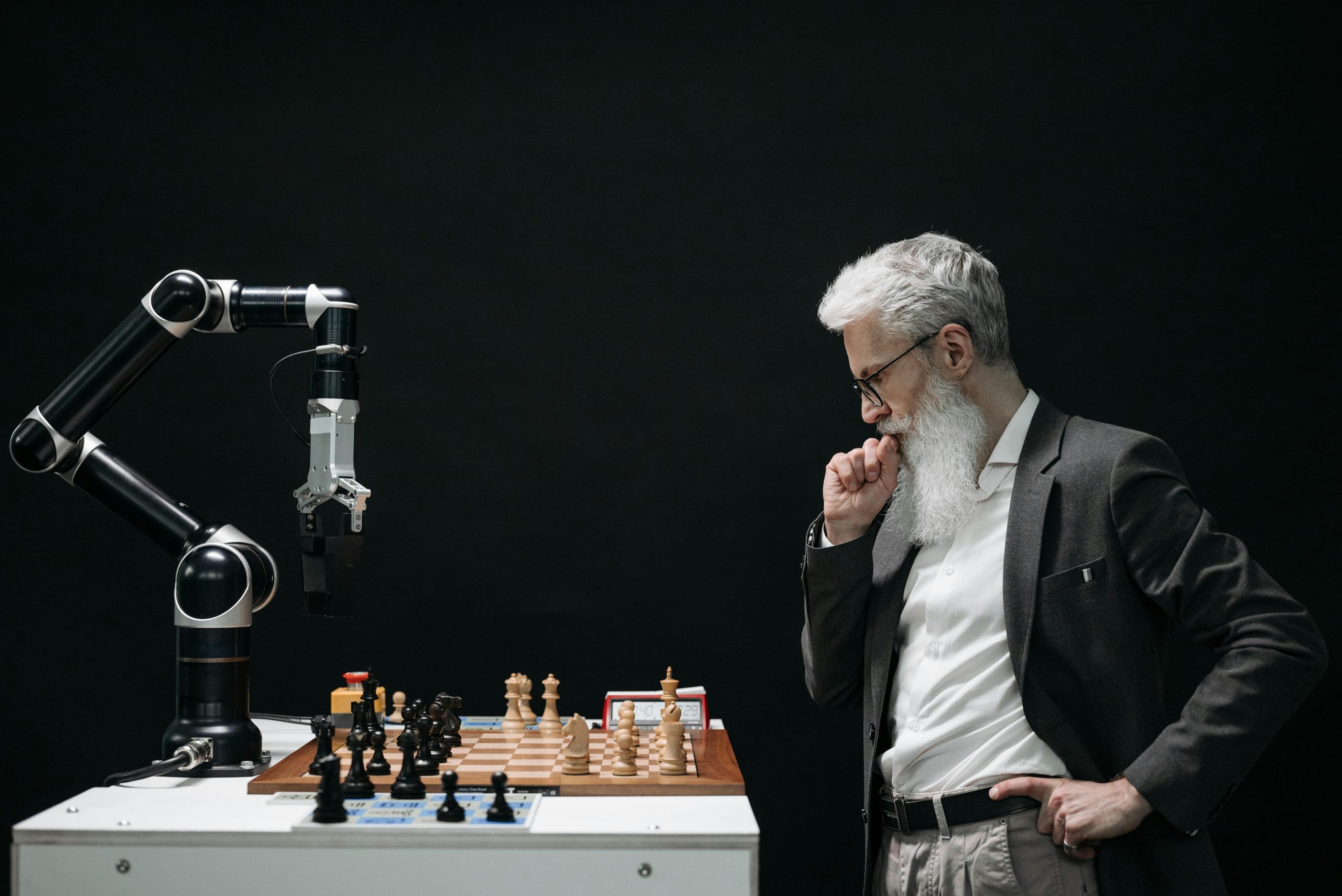

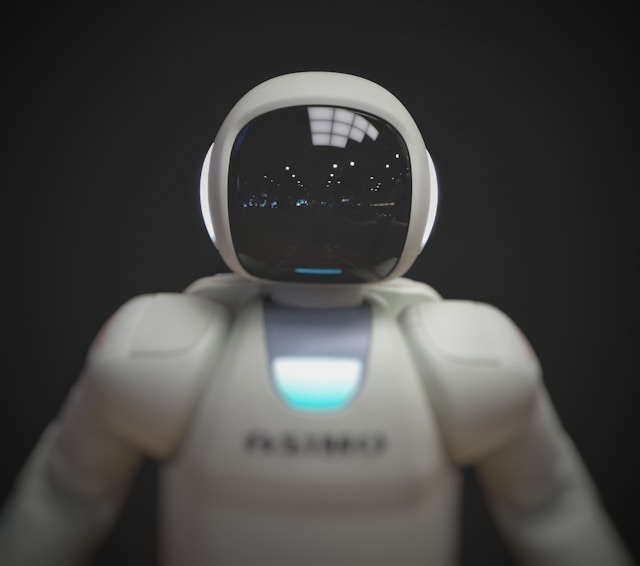
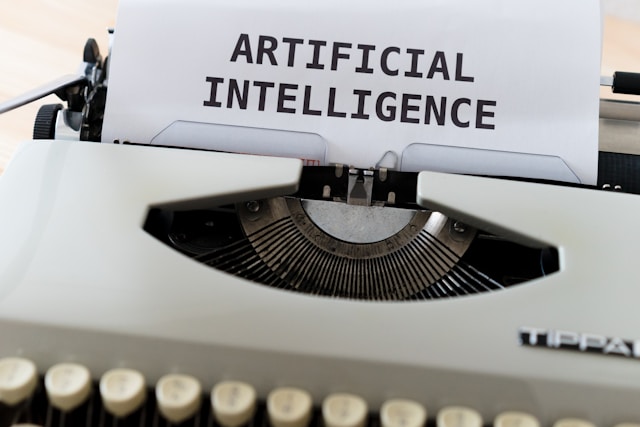
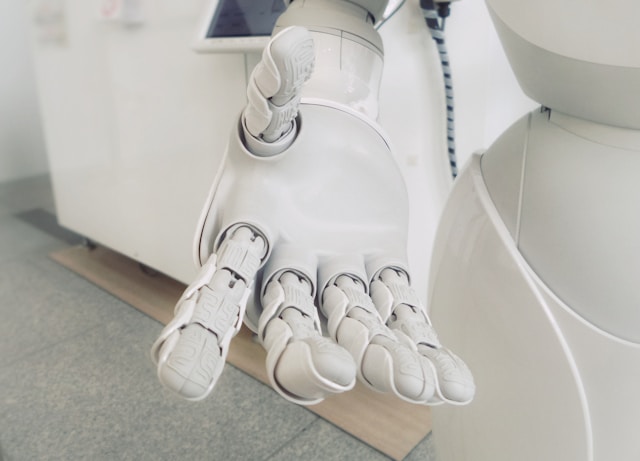

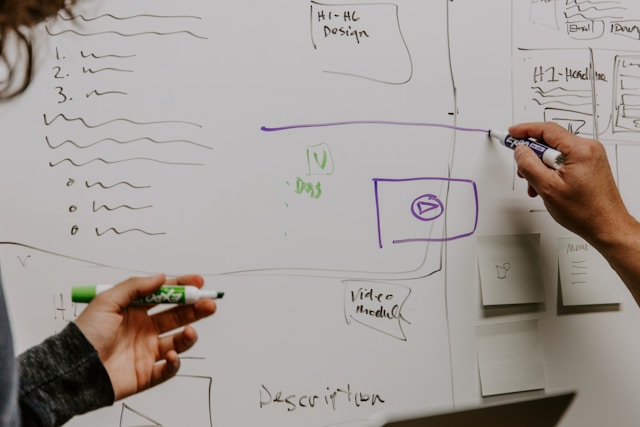
Leave a Reply